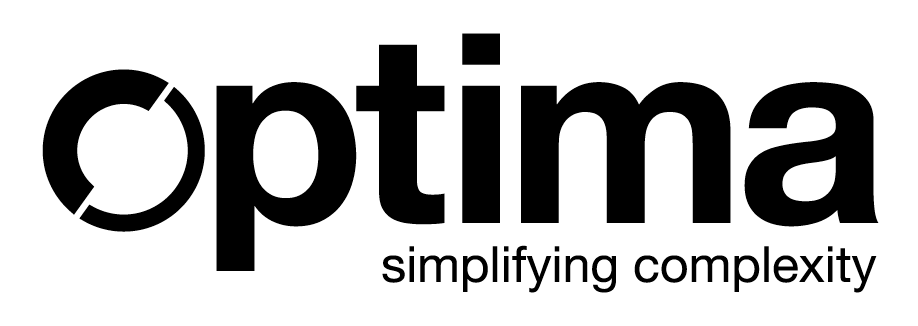To start with, it may be good to make clarity on the lexicon and give a definition to service labs. We refer to a service lab as a laboratory that performs analysis activities that are commissioned by a third party.
The most representative are the clinical labs, where biological samples of the entire world population are analysed daily. But this is just an example, the most striking one for sure in these days
There are many other labs that focus on different types of analysis starting from different typologies of samples, such as environmental, agriculture, animal testing…
Another good representation of service labs can be associated to the laboratories which are operating within a production environment ( CRO, CMO, CDMO). In this case, the laboratories are operating to control the production, yet the products are not sold directly by the company itself, but they are rather used by other companies for their sales activities. Therefore, these companies are operating as suppliers in complex supply chain.
The common interest of these laboratories is to ensure that the analysis is completed in the shortest period of time, as their business is tightly linked with the company revenues. This is true also for laboratories focused on research projects or manufacturing activities.
Nevertheless, the laboratories providing services that are focused on analysis are the main revenues generators for their companies. Efficiency becomes the focus of the operations in order to maximize income and improve profit.
The laboratory activities are directly linked to the bottom line of the organization: therefore, all these organizations are having a clear goal to fit the requests coming to the laboratory in the daily schedule in the most efficient way. By doing so, the analytical results can be delivered to the customer in the shortest period of time.
The complexity for service labs to manage customised requests
These laboratories are working with different elements of complexity. On top of the business interest to deliver results as soon as possible, the complexity is added by the fact that the requests are never standardised.
Every customer has different goals when requesting analysis. Therefore, the incoming requests are always different in some aspects: time, technical complexity between others. As a consequence, these service labs are working like tailors, who are supposed to design the fitting suit every time.
Luckily, some activities are more predictable, allowing the labs to schedule a certain amount of tests in advance. All in all, the lab managers and supervisors need to build a mix of standardized and customized resource schedules. The result is an agenda which includes a set of activities which are “pre-scheduled” as the backbone of the very schedule. On top of it, as they come, the unscheduled and customised activities are included with the goal to ensure the shortest timeframe to deliver the results.
A resource scheduling tool to improve service labs efficiency
What would be good for service labs, that could help them manage their daily activities? The answer lies in a software tool, which can offer a combination of automated and manual processes.
As an example, the laboratories that are signing long-term contracts with customers would be able to schedule the contracted analysis over a long period of time in an automatic manner. Additional scheduled activities would be automatically added to fill a fair percentage of the resources.
Lab manager would leave a given percentage of resources available to fulfill the unplanned requests, knowing that normally the unscheduled requests have to be managed quickly, and results handed in a few days, since they are typically very urgent.
In this case, a combination of automated and manual processes would allow the most efficient scheduling in short-term.
Lab managers are also looking for sophisticated reporting mechanisms to review the lab performance over time. This need is not only related to the resource allocation. It is also related to the laboratory performance against a given contract or customer requests, etc. The goal of lab managers is, therefore, to identify if the contracts are supported efficiently or not. It may happen that a given contract is demanding a level of complexity (technical or contractual in nature) that reduces the lab efficiency. Obviously, although the company goal is to maintain a good customer relationship, these indicators may help adjust the contractual obligations to improve the resource allocation while maintaining the customer satisfaction, or, even better, improving it.
As a summary, laboratories working in this type of environments have to be considered as the core business of the company. Therefore, resource scheduling, allocation and performance review are key elements of the business performance.





